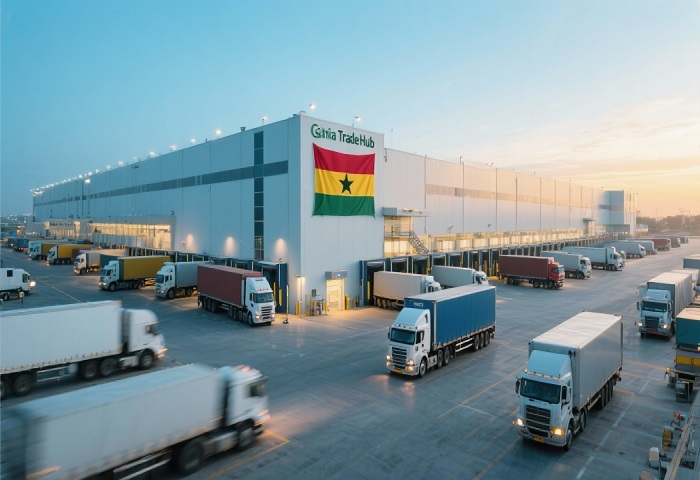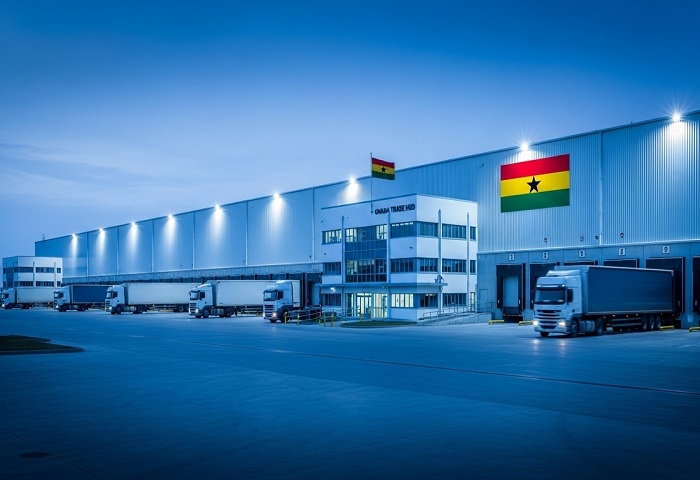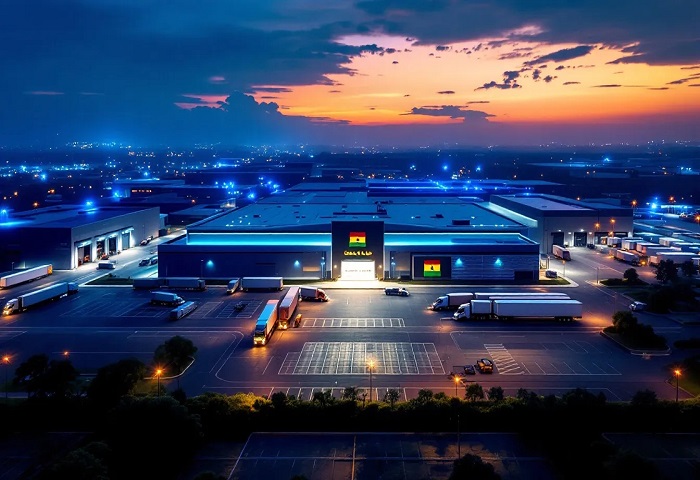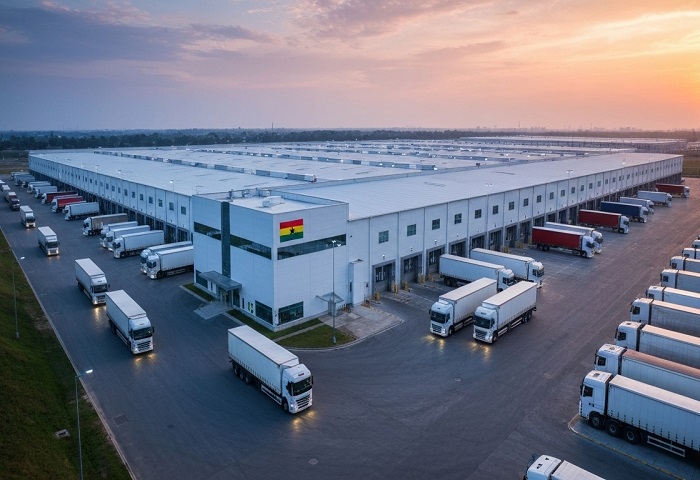
Invest in Ghana's Gateway to Growth: The Ghana Trade Hub
Project Overview
Earthcore Investments is spearheading the Ghana Trade Hub, a $400 million USD initiative to build a modern 400,000 sqm warehousing and logistics complex strategically located near the Port of Tema, Ghana's primary maritime gateway. This project addresses critical bottlenecks in Ghana's supply chain by providing state-of-the-art storage solutions, including high-capacity warehousing, specialized cold chain facilities for perishable goods, customs-bonded areas for seamless import/export processing, dedicated logistics corridors for efficient transport, and advanced digital inventory management systems to optimize operations. The hub aims to reduce port congestion, streamline supply chains, minimize post-harvest losses in agriculture, lower operational costs for businesses, enhance Ghana's competitiveness in regional and global trade, and establish a central node for commerce in West Africa.
From an investor's standpoint, the Ghana Trade Hub taps into the burgeoning potential of Ghana's logistics sector, which is experiencing significant growth due to infrastructure investments and trade liberalization. The Port of Tema, handling over 80% of Ghana's seaborne trade, has undergone major expansions, including the $1.5 billion Meridian Port Services (MPS) project, increasing its capacity to 3.5 million TEUs annually and positioning it as West Africa's largest container port. This development, combined with the Trans-Volta Logistics Project and other initiatives, is expected to boost trade efficiency, with full operations targeted for 2025. Ghana's strategic location as a maritime hub for West Africa, coupled with associated private and public-private partnership investments, has enhanced warehousing capabilities, attracting global players in logistics
The African Continental Free Trade Area (AfCFTA) further amplifies the hub's appeal by unlocking intra-African trade potential, reshaping logistics through increased cross-border flows, and encouraging investments in warehousing and customs solutions. AfCFTA is projected to catalyze rapid expansion in Africa's logistics sector, with Ghana accelerating efforts to boost trade through specialization and value addition. Studies indicate that trade openness positively impacts logistics performance in Africa, with Ghana benefiting from reduced customs dwell times and lower logistics costs—currently nearly double the global average—through such infrastructure. Economic analyses show that trade policy stability and facilitation measures could yield significant ad-valorem tariff equivalents, enhancing growth.
Investment in similar logistics projects in Ghana and Africa demonstrates resilience and profitability, with co-investment grants from entities like the USAID West Africa Trade & Investment Hub driving private capital—$8.5 million in grants catalyzing $43.7 million in investments—and creating jobs while boosting food security. Broader African port developments, including digitalization and connectivity, open avenues for freight forwarders and logistics firms, with Ghana's expansions generating employment and reducing reliance on foreign services. The hub's ESG focus, through sustainable practices like efficient cold chains to cut losses, aligns with global trends, appealing to ethical investors seeking long-term value in emerging markets.









